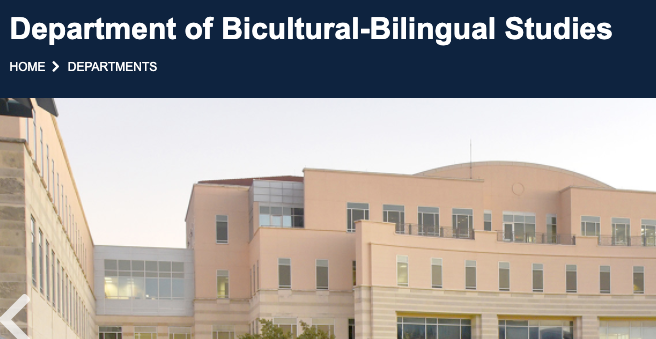Idiolect and Identity: Fourth Grade Students’ Translanguaging, Comprehension, and Self-Identity
Resumen
The practice of translanguaging offers emergent bilinguals the opportunity to access their full linguistic repertoire. This qualitative study uses the lenses of dynamic bilingualism and idiolect, or one’s own unique language patterns, to explore emergent bilinguals’ translanguaging and reading comprehension strategies during a reading think-aloud, as well as the ways that language factors into the construction of self-identity. Data collected from a think-aloud show that the five fourth-grade students used language flexibly when reading and comprehending the texts that were presented in both Spanish and English. The participants, in follow-up interviews, also explained ways that they use translanguaging strategies when communicating with different audiences and how their identity as bilinguals positions them as mediators of their own language use. These findings support the conclusion that when students’ idiolects are supported and encouraged, they are able to develop positive self-identities.





